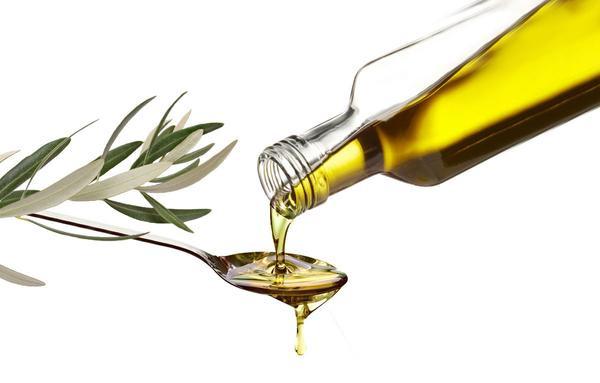Learn How To Spot Fake Olive Oils

50% of all Olive Oil sold in the US is fake.
No, 69% of Olive Oils tested are fake.
Wait, Dr. Oz said 80% are fake.
In the last 6 years, everyone from Dr. Mercola to the New York Times and Forbes got involved with the "fake Olive Oil" story.
Dr. Oz was sued over his statements that 80% of Olive Oils are "fake".
So what's the real story here? If this is false, how did it gain so much traction? And what do you, the consumer need to know about choosing the right olive oil? Read on my friend, all will be revealed below.

First, let's examine the "fake olive oil" scandal that went viral.
What Happened?
- The original article began circulating in March of 2015. The URL now leads to a page that does not exist. Shocking.
- The claims read like this: "69% of store-bought olive oils are “probably fake.”
- You don't have to read research papers every day to realize that "probably fake" is not acceptable evidence for peer-reviewed journals.
- The story caught fire and went viral - making it impossible to silence, and incredibly difficult to distinguish fact from fiction.
- There was a report published in 2011.
- Released by the University of California Davis, the study never said the offending oils were "fake". It said the oils were a lower grade than "extra virgin". Fake news, social media and our 24-hour news channels took it from there.
What The Report Actually Found
"In July 2010 the UC Davis Olive Center issued a report showing that 69 percent of imported olive oils labeled as “extra virgin” failed the IOC sensory standard — in other words, these oils were defective and failed to meet the international standard for extra virgin olive oil."
On February 19, 2017 this was updated to more clear: “olive oil that does not meet the standards for extra virgin labeling” instead of “‘fake’ olive oil.”
This is not shocking, considering that all oils, all fatty acids, are susceptible to oxidation.
Here's How Tony Kasandrinos of Kasandrinos Olive Oil Explains It:
- All oils oxidize over time. Like coffees that list "roasted on" dates, look for oils that show harvest year and "pressed on" dates to ensure freshness and minimize consumption of oxidized oils.
- Light, moisture and heat accelerate this oxidation process. Light colored containers of oil that sit on supermarket shelves for months before you purchase them are likely to be a level or two below the grade they were at the time of bottling.
- Buy oils direct from manufacturers to reduce the amount of time from processing to your kitchen, reducing potential for oxidation.
- Store your oils away from light and heat. A cabinet is better than the counter. The cabinet next to the oven is not ideal as it get exposed to heat from cooking.
- Use the "Fridge Test". Due to it's high monounsaturated fat content, 100% Extra Virgin Olive Oil will solidify. Just because it does, this is not a sign that it is not legit. Look for abnormalities, like clumps, coagulations, and separations that would signify lower quality oil or even the addition of non-olive oils.
- Learn how to buy the right olive oil. Watch the video below to know what to look for.
What To Look For When Buying Olive Oil
Listen to the whole podcast here:
Watch the video here:
Get Your Kasandrinos Olive Oil HERE
Use the code: OPP15 to get the OPP "friends and family discount".










